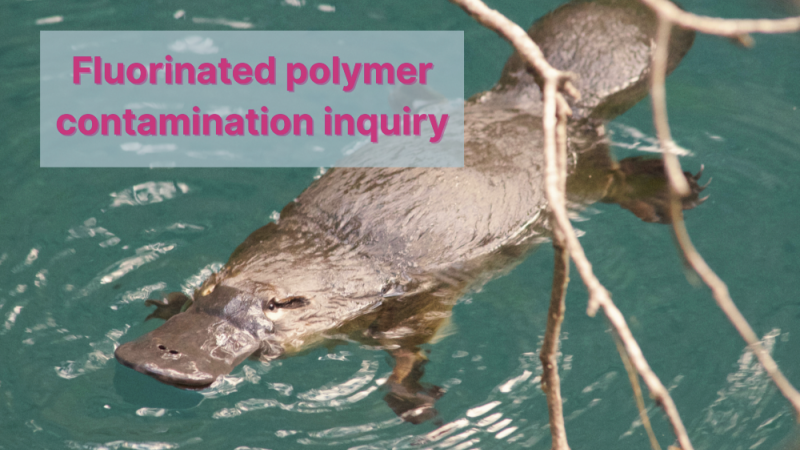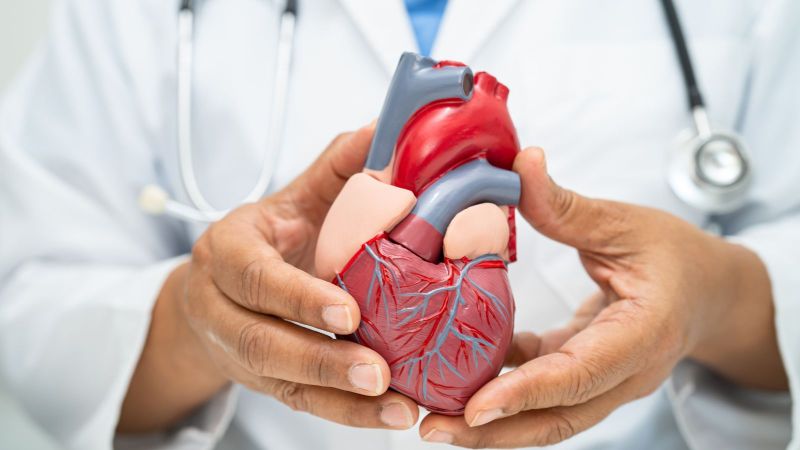Text to go here...
 Newborn mice can regenerate their own heart tissue following heart damage. This is the first time the effect has been observed in mammals and could lead to new treatment for heart damage in humans.
Newborn mice can regenerate their own heart tissue following heart damage. This is the first time the effect has been observed in mammals and could lead to new treatment for heart damage in humans.
Zebrafish are renowned for their regenerative abilities. They can repair heart damage throughout their life by the replication of existing heart cells, called cardiomyocytes. But adult mammals can't repair heart damage. Though they can replace a small number of heart cells, it isn't enough to mend the damage caused by a heart attack.
However, the new research suggests a similar regenerative capacity exists in newly born mice. Researchers removed 15% of muscle tissue from one of the heart's chambers in one-day-old mice. Three weeks later, the heart muscle tissue had been repaired.
Researchers compared the heart-damaged mice to mice that had been given a dummy operation that didn't harm the heart. Two months later, heart scans showed the heart-damaged mice's hearts to be pumping as well as the test group. However, when the same procedure was performed on seven-day-old mice, there was no regeneration. Instead of regrowing heart tissue, there was heart failure.
This suggests there is a narrow time window in mammals in which the heart loses its regenerative abilities. It seems mammals, as well as fish, have the ability for self-repair, but only for a short time after birth.
As the development and early function of the mouse heart is similar to the human heart, researchers believe that a similar process could occur in humans. It is hoped that the research could lead to ways to restart the regenerative capacity of the heart in human adults.
Such treatments would be vital in treating patients after a heart attack. Heart muscle cells are lost in a heart attack and the heart loses pump function. This can lead to heart failure and death. 750,000 people in Britain currently suffer from heart damage.
Researchers are now looking for genes that could be linked to heart regeneration. They are also screening for medicines that could reawaken the mechanisms in adult hearts.
Last edited: 11 January 2022 10:59




